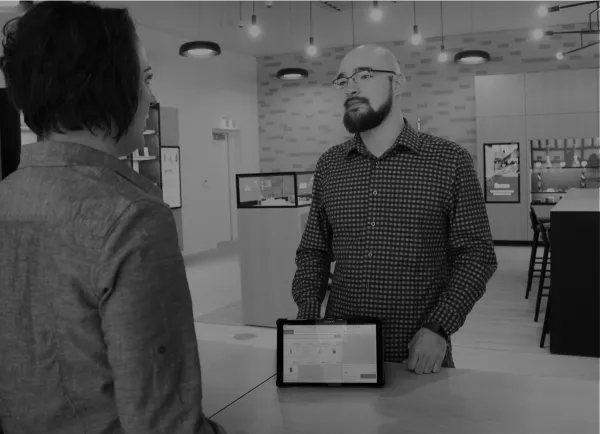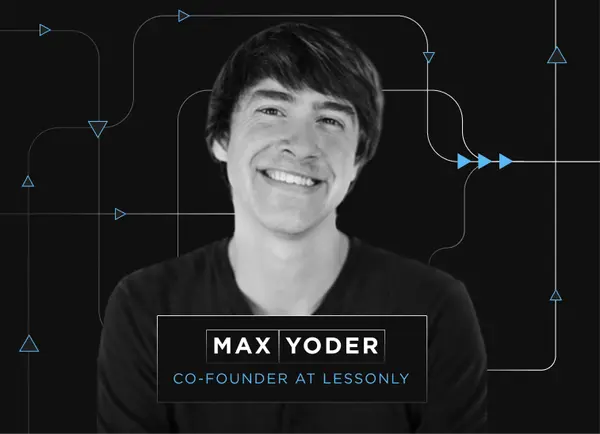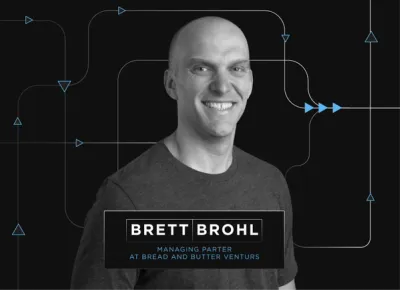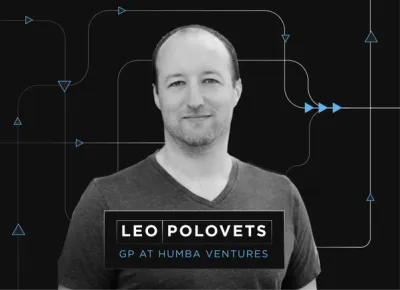
The idea that startup leaders should have mentors isn’t new, nor is it especially controversial. At this point, it’s generally accepted that having a mentor is a good idea. Despite this, I still think mentors are underrated.
A great mentor can have an exponential impact on both your personal development and the growth of your business. They can serve as a guide through tough times, a voice of warning about potential pitfalls, or a source of challenging feedback and honesty. The best mentors are a combination of collaborator, coach and friend.
Finding a mentor like that isn’t always easy, though. Below, we’ll lay out how a mentor can help you succeed, and provide some suggestions on how to find one who is a good fit for you.
Related Resource: Startup Mentoring: The Benefits of a Mentor and How to Find One
What makes a good mentor?
There is no universal template for what makes a good mentor. The traits that make a mentor ideal for one person might not work at all for someone else. Other factors, like where you are in your professional journey and what your natural strengths and weaknesses are can also inform the kind of mentor you need.
While the attributes of a great mentor will vary, there are a few qualities that are important to look for regardless of who you are and what you need. If you start by looking for someone with these qualities, you’ll be well on your way to finding a good fit.
They listen more than they talk. If you’re actively looking for a mentor, you probably want someone who can give you guidance and advice. That’s certainly something a mentor is meant to do, but if that’s all they do—pontificate and lecture in lieu of learning more about you and your business—they aren’t going to be very effective. A good mentor will always seek to learn more about your situation so that they can give advice that is appropriate and relevant.
They offer a different perspective. We’re often drawn to people who are similar to us. While similar backgrounds and personalities might make initial conversations a little smoother, they will limit how useful the relationship can be in the long run. Go against your instincts and seek out someone who isn’t too similar to you, someone who can offer a fresh, unique perspective.
They aren’t too far ahead. This is another quality that can seem counterintuitive at first. Often when we think of mentors, we think of people with a great deal of experience and success. I recently heard some advice that made me think twice of that approach. Instead of seeking a mentor who is where you want to be in 10 years, seek one who has gotten to where you want to be in one or two years instead. The mentor who is too many steps ahead of you professionally may have plenty of insight, but they likely won’t remember the details of where they were and what they were dealing with when they were in your shoes. Someone who has just recently overcome the challenges you’re facing has everything fresh in their mind, and their advice will be more relevant and practical.
They’re committed. A strong mentor/mentee relationship requires commitment from both parties. It’s an involved relationship, and while it’s not necessarily a major time commitment, it does require both parties to devote time and bandwidth. When choosing a mentor, make sure they’re committed.
Related resource: Should Your Startup Have Mentors? Key Benefits and Considerati
How do I find a mentor?
Once you know what you’re looking for in a mentor, the next step is finding one. This doesn’t need to be complicated. I’d suggest browsing your LinkedIn and Twitter connections for people you respect or admire. Using the criteria above, decide which of these people might be a good candidate for mentorship.
From there, make a short list of 3-5 possible mentors. Write down why you admire them and why you think their perspective would be helpful in your professional development. Then, prioritize the list so that your #1 choice is at the top.
Now it’s time to do a little research. Depending on how close you are with this person already, the research will vary. Ideally, you want to answer the following questions:
- What is their attitude toward mentorship?
- What are they currently working on?
- What makes you think they’ll be a good fit?
If you can answer all three of those questions, you’re ready to reach out. Do this one at a time, starting with your #1 choice. Your best bet is going to be a short, straightforward email. Here’s a short template you can base your email:
Hello Tom—
I hope you’re having a great day! It was great running into you at the conference last week.
I’m writing because I am currently looking for a mentor who might help me develop into a better leader as I work on scaling Kloud Co. I really admire what you were able to do with BiggerKloud Co, and I’d love to learn some lessons from you if you’re willing.
I know mentorship can seem like a big commitment, so maybe we could start by having lunch later this month to see if there might be a good fit? My treat!
If you don’t have the time or bandwidth right now, please don’t feel obligated. And if there’s someone else you think I should be speaking with, please let me know that, as well.
Thanks Tom! Let me know what you think.
Andrew
There’s nothing too fancy here, as the key is being straightforward and respectful of the other’s time. You don’t have to use this template verbatim, but you should make sure to 1) explain why you’re reaching out to them specifically and 2) ask to meet with them once instead of asking them to commit right away. Those two things will make them much more likely to say yes.
If you get a no, or don’t get a response at all, you can repeat the process with the next person on your list. Eventually, you’ll find someone who is willing to help.
Assuming the first lunch goes well, it’s up to you to make the most out of the relationship. This article from the Harvard Business Review offers some great, universal insights on how to make the mentor/mentee relationship as productive as possible. If you’ve identified the right person and put effort into the relationship, a mentor will have a major impact on your development and success.



